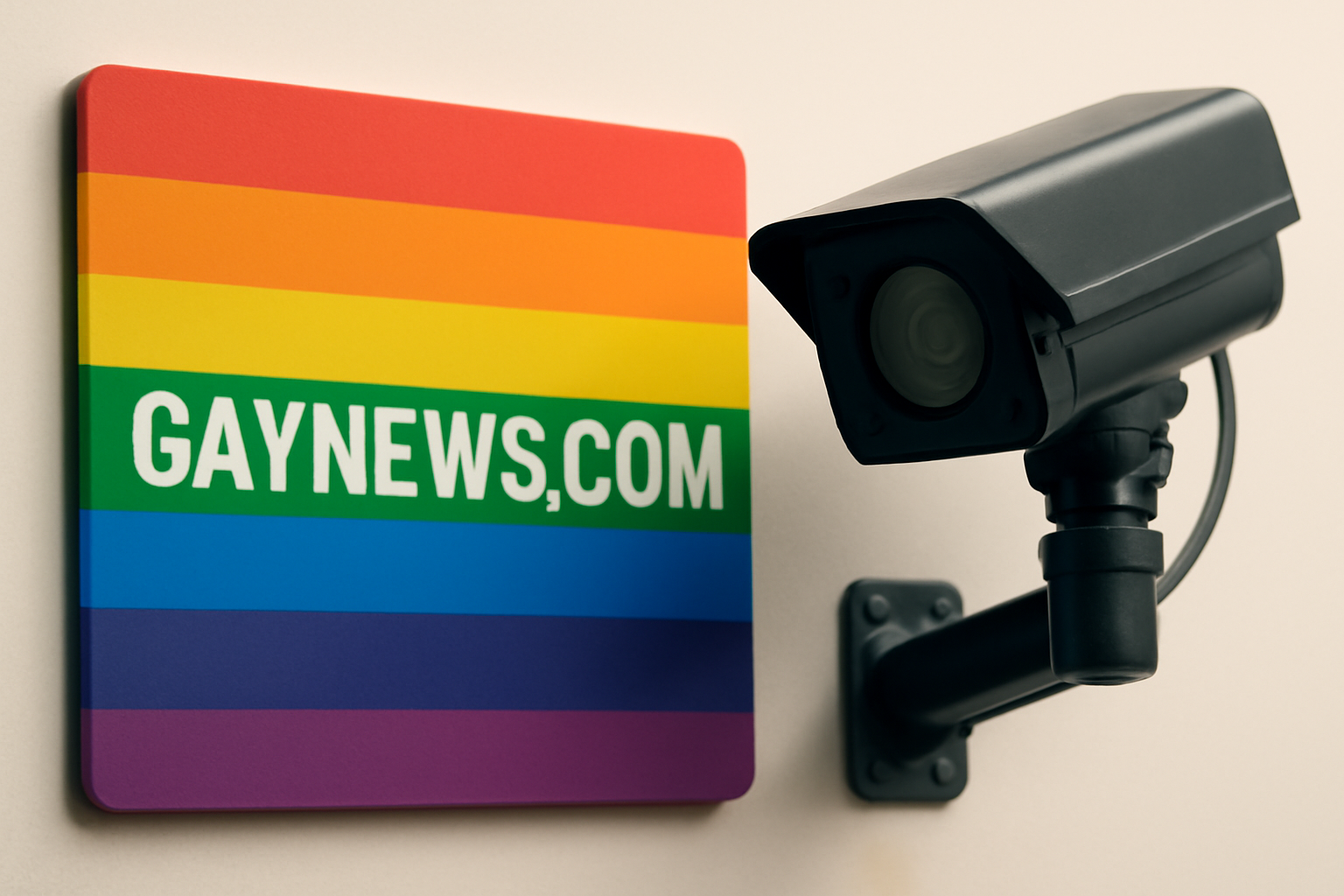
Recently, there's been a major update from Homeland Security regarding its surveillance policies. They've decided not just on a tiny tweak but a big shift, eliminating former restrictions that barred monitoring based on sexual orientation and gender identity.
This decision has stirred up quite a debate, especially among civil rights advocates, privacy buffs, and members and allies within LGBTQ+ circles. DHS claims they're doing this in hopes that it'll tighten national security by making surveillance procedures more efficient. Yet, critics are worried this lack clear prohibitions might open doors both bad and ugly, leading potentially down paths toward discrimination and misuse.
Understanding what's changing
Originally, those guidelines were all about shielding marginalized groups from being unfairly watched. They explicitly said you couldn't monitor someone just because they're gay, trans, or non-binary. Now, with these protections gone, surveillance decisions will lean more on sweeping security evaluations rather than specific criteria.
The folks backing this change think it's a good thing, arguing that without previous constraints, it allows a broader, more focused lens on national security issues—based on behaviors and credible intel rather than personal attributes like who you love or how you identify.
Concerns from advocacy groups
But this shift's not sitting well with everyone. LGBTQ+ advocacy groups are ringing alarm bells, worried that, without solid protections, profiling and discrimination might ramp up. They've got history on their side, remembering times when law enforcements have unfairly zeroed in on their communities, with damaging outcomes.
Those championing civil liberties warn that clearly saying "no" upfront keeps misuse at bay, especially against LGBTQ+ individuals. They're advocating that oversight and transparency should be non-negotiable, ensuring these new rules don't breach personal privacy without just cause.
Balancing security with privacy
This ongoing debate highlights a long-standing conundrum—how do you weigh national security against personal privacy and rights? In our high-tech age, where surveillance can be near-constant, laying down clear, fair rules isn't just a good idea; it's essential, ensuring power doesn't get out-of-control.
Experts are calling out loudly and clearly: balance matters. They want security measures that don't compromise basic human rights. Among their suggestions? Bring in independent bodies that can double-check surveillance activities, making sure they're ethically sound and not disproportionately affecting vulnerable groups.
Moving forward: steps we can take
Reacting swiftly, LGBTQ+ advocates, legal minds, and policy-makers are rallying around a few key actions. First up, they're calling on DHS, demanding transparency in how these guidelines are used and monitored. Clear, open communication about what these changes mean might help ease some worries about abuse.
Next, there are loud calls pushing legislative steps that put specific anti-discrimination measures in place when it comes down surveillance practices. By etching those protections in law, it creates a more just system that shields everyone, no matter their sexual orientation or gender identity.
Lastly, keeping up advocacy and education stands vital. By spreading awareness about these policy shifts and standing up stronger defenses around privacy rights, we empower individuals and communities with knowledge and preparedness in this shifting surveillance and security scene.
As discussions unfold, it remains critical that those directly affected by these changes aren't just spoken about but genuinely listened too. Walking that tightrope between national security and individual rights requires ongoing, respectful conversation—making sure we don't forsake progress in one area by undermining another.
Related Posts
Max Emerson and Andrés Camilo Part Ways After Tragic Wildfire
Beloved influencers Max Emerson and Andrés Camilo recently shared some personal news with their followers: they've decided it's time they go their separate ways. This tough decision comes on top after a devastating wildfire in Los Angeles destroyed their home, leaving them with a lot more than just ashes. Emerson and Camilo are staples in LGBTQ+ circles, earning fans with their joyful "get-ready [...]
Riley Minford Shines in Global Runway Debut at Miami Swim Week
riley minford: a rising trans model shines at miami swim week Riley Minford, an up-and-coming star in fashion and a trans model, recently wowed audiences during her stunning debut at Miami Swim Week. At just 28, this Australian model hailing from Sydney has already turned heads in fashion circles. During her appearance at Oh Polly's show, she rocked a striking red cut-out one-piece and a classy [...]
Khloé Kardashian Shows Interest in Revived 'Lavender Marriage' Concept
In an unexpected twist, Khloé Kardashian caught everyone's attention by showing interest in 'lavender marriages' through a comment on social media. This intriguing concept, which first appeared in early 20th-century society, seems appealing again as younger generations explore different ways marriage can be meaningful. Revisiting lavender marriages A content creator named AJ Dronkers recently p [...]